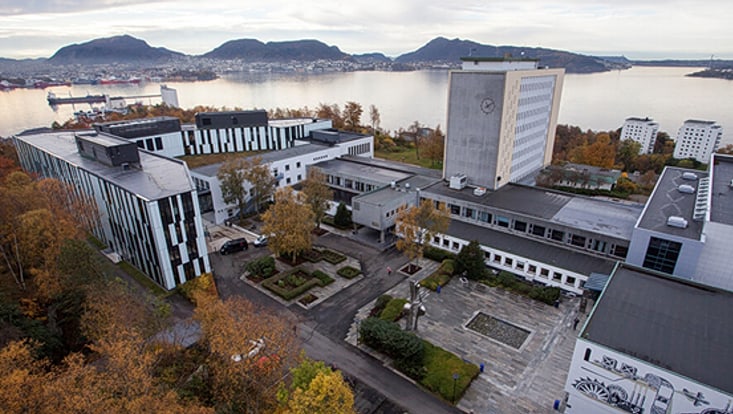Josipa Županić begins PhD
31 March 2025

Photo: pixabay.com
Josipa Županić started her PhD at the International Max Planck Research School on Earth System Modelling (IMPRS-ESM), a joint program by the Max Planck Institute for Meteorology and Universität Hamburg. She is part of the Climate Extremes group at FNK, where she previously worked as a Research Assistant during her Master's degree in Integrated Climate System Sciences. Prof. Dr. Jana Sillmann and Dr. Lukas Brunner will supervise her PhD.
In the interview, she talks about the importance of her PhD topic, why she is interested in it, and what she expects as a PhD student.
1. What is your PhD topic?
My PhD is titled “Using km-scale Global Climate Model Simulations to Study the Physical Impacts of Climate Change for Informing Adaptation Strategies.” I’m exploring how next-generation global climate models can inform policymakers and stakeholders about climate change and climate extremes to prepare for and adapt to future extreme events. My goal is to find innovative ways to use high-resolution climate data as a new approach to climate information, focusing on adaptation.
2. Why is this topic important, and how did you become interested in it?
Extreme weather events are one of the biggest challenges posed by climate change, with their increasing frequency and intensity affecting society, infrastructure, and ecosystems. To adapt effectively, we need better information to reduce uncertainties about future climate extremes. These new high-resolution global climate models, which I will be using in my research, offer an exciting opportunity because, until recently, they weren’t feasible due to computational limitations. High-resolution data can, therefore, potentially reveal something coarse global climate models cannot.
I first became interested in these models during my Master's when I worked with them in my thesis, studying extratropical cyclones. At that time, they were just emerging, but now they are reaching a production phase. I’m also passionate about finding new ways to communicate and visualize scientific results, and these high-resolution models have great potential for that too.
3. What do you expect from your time as a PhD student in Hamburg?
I’m excited to deepen my expertise in climate extremes and collaborate across disciplines. Hamburg has a vibrant climate science community, and I look forward to exchanging ideas with researchers from different fields since interdisciplinarity is important to me. I also hope to strengthen my skills in data visualization and science communication, making my research more impactful beyond academia.
4. Do you already have plans for the future?
After my PhD, I want to apply my knowledge to climate communication and maybe even education. I’m particularly interested in integrating creative approaches, such as data-driven storytelling and visual communication to make climate information more accessible. Another goal of mine is to further explore the intersection of art and science, as I believe art is a powerful tool for communication and offers a novel perspective to understanding climate change.
Thank you and all the best for your PhD!


